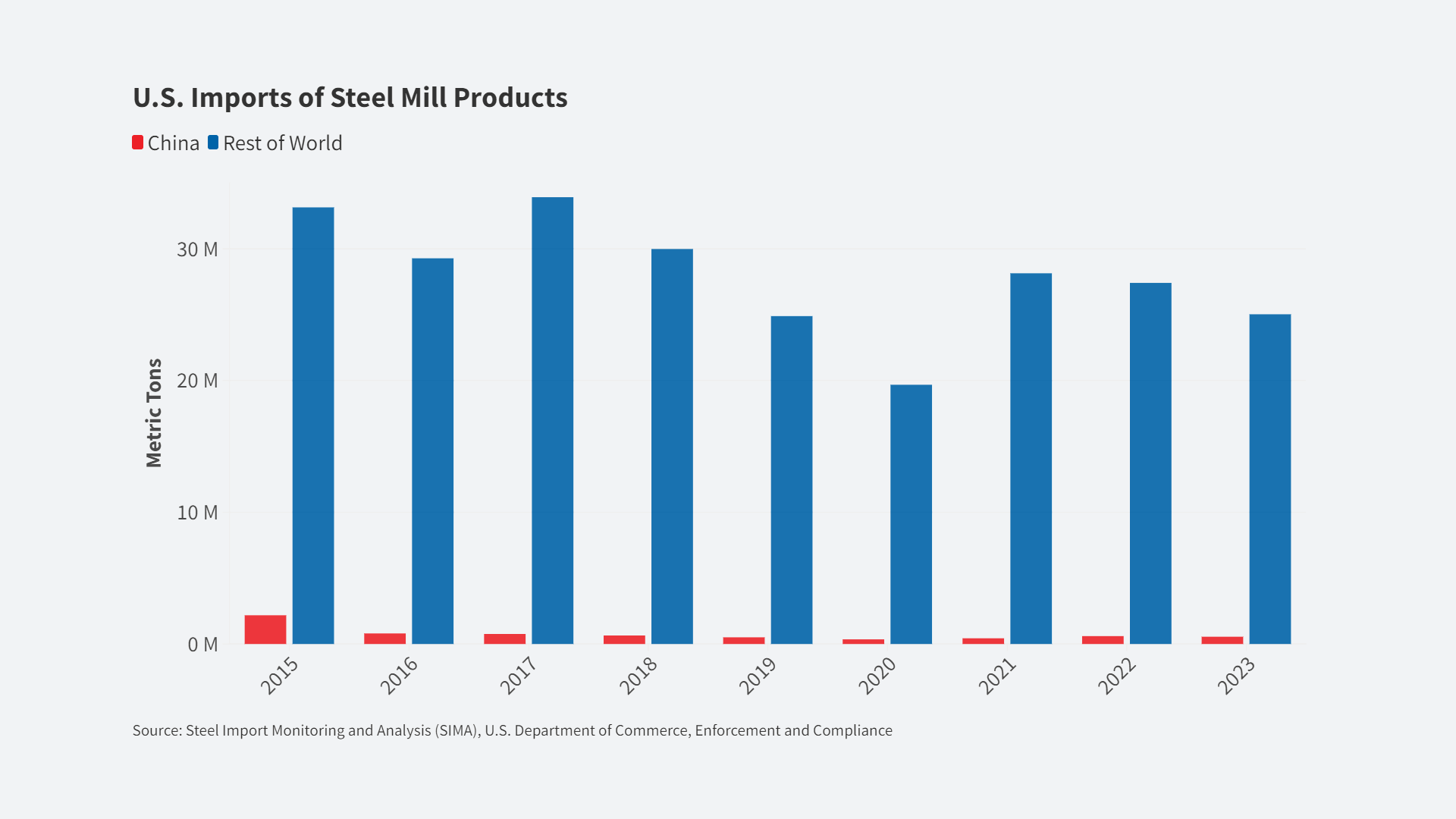
Navarro wants more components made in America to spur domestic jobs and wages
[Shawn Donnan| January 30, 2017 |Financial Times]
Donald Trump won the presidency on the back of promises to shake up Washington. But according to his advisers he is also setting out to shake up the structure of international business and the global economy.
Peter Navarro, the head of a new White House National Trade Council, says one of the Trump administration’s trade priorities is unwinding and repatriating the international supply chains on which many US multinational companies rely.
That means taking aim at one of the pillars of the modern global economy.
“It does the American economy no long-term good to only keep the big box factories where we are now assembling ‘American’ products that are composed primarily of foreign components,” he told the Financial Times.
“We need to manufacture those components in a robust domestic supply chain that will spur job and wage growth.”
To do so, Mr Navarro said, the administration was reforming business taxes and regulation. But the goal would also be at the core of US trade policy, he said.
“This issue must be addressed in all of our bilateral trade relations,” he said.
Mr Navarro, who served as an adviser to the Trump campaign and is author of the book Death by China, is a longtime critic of China and US trade policy. He is among a group of economic nationalists who blame China and globalisation for what they see as the hollowing out of the US manufacturing sector.
Among the ways to encourage more domestic manufacturing are tax changes being pushed by Republican leaders in the House of Representatives that has split the US business community, Mr Navarro said.
The proposal would eliminate companies’ ability to deduct import costs from their taxable revenues while making any export revenues tax-free. Last week, Mr Trump’s spokesman suggested that the proposal was one way to finance a wall on the Mexican border.
Exporters such as General Electric have hailed the switch to a “border adjustable” system as putting them on an equal footing with international competitors that are able to claim value added tax refunds on their exports. Retailers such as Walmart and other import-dependent businesses, however, say that what would amount to 20 per cent tax on imports would raise consumer prices and hurt their businesses.
“The unequal treatment of the US income tax system under biased WTO [World Trade Organisation] rules is a grossly unfair subsidy to foreigners exporting to the US and a backdoor tariff on American exports to the world that kills American jobs and drives American factories offshore,” Mr Navarro said. “President Trump promised during the campaign he would put an end to this unfair treatment of our income tax, and the House border adjustable proposal offers one possible option among several.”
Mr Navarro rejected the argument that US consumers would end up paying the cost of such a tax change. That was “an old and tired argument the globalist wing of the offshoring lobby has used for years to put Americans out of work and depress wages by shipping our jobs offshore”.
“We prefer paychecks to welfare checks for the American people and a robust middle class with rising wages,” he said.
Proponents argue that at least some of the impact on consumers would be absorbed by a one-time appreciation in the dollar. That in turn, they concede, could also have an effect on US export competitiveness and lead to a widening of the US trade deficit with the world, which the Trump administration has vowed to reduce.
Mr Navarro, however, said he was not concerned about the possibility of a stronger dollar and its effect on US exports.
“I worry about the actual impact America’s trade deficit in goods is having on our rates of economic growth and income growth.”













